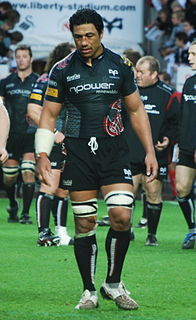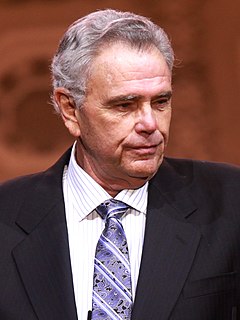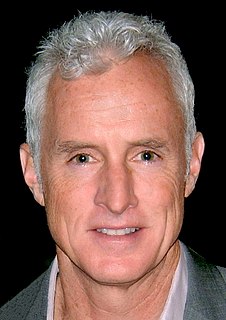A Quote by Ron Howard
You can't expect perfection. It is important to sort of acknowledge some of our imperfections. I write them down. There's something about acknowledging mistakes and being able to put them down on paper; they become facts of your life that you must live with. And then, hopefully, you can navigate the road a little bit better.
Related Quotes
We must be willing to be completely ordinary people, which means accepting ourselves as we are without trying to become greater, purer, more spiritual, more insightful. If we can accept our imperfections as they are, quite ordinarily, then we can use them as part of the path. But if we try to get rid of our imperfections, then they will be enemies, obstacles on the road to our ‘self-improvement’.
You've got to be committed. It comes down to setting yourself goals as an individual. In rugby you have team goals that you strive for, but you also set yourself simple goals that are achievable. It helps to write them down so you understand what you need to do, and what your focus is. Put them on your wall, then each time you wake up, you'll see them. Then you can just tick them off once you've achieved them.
Be proud of your mistakes. Well, proud may not be exactly the right word, but respect them, treasure them, be kind to them, learn from them. And, more than that, and more important than that, make them. Make mistakes. Make great mistakes, make wonderful mistakes, make glorious mistakes. Better to make a hundred mistakes than to stare at a blank piece of paper too scared to do anything wrong.
Last night I thought about all the kerosene I've used in the past ten years. And I thought about books. And for the first time I realized that a man was behind each one of the books. A man had to think them up. A man had to take a long time to put them down on paper. And I'd never even thought that thought before...It took some man a lifetime maybe to put some of his thoughts down, looking around at the world and life, and then I come along in two minutes and boom! it's all over.
I didn't learn how to read and write until pretty late, and it was this very mysterious, incredible thing, like driving, that I didn't get to do. And then I started writing things down on little scraps of paper and I would hide them. I would write the year on them and then I would stuff them in a drawer somewhere. But I didn't start to really read until about eight. I'm dyslexic, so it took a long time.
If [being confident stems from] a self-esteem issue, it's important to embrace the things you might define as so-called imperfections - because something that you might call an imperfection, someone else might find so amazing and so beautiful. It's all in how you embrace yourself, your faults, and your mistakes in life. There's no better way to learn and become a better person than to go through those moments.






































